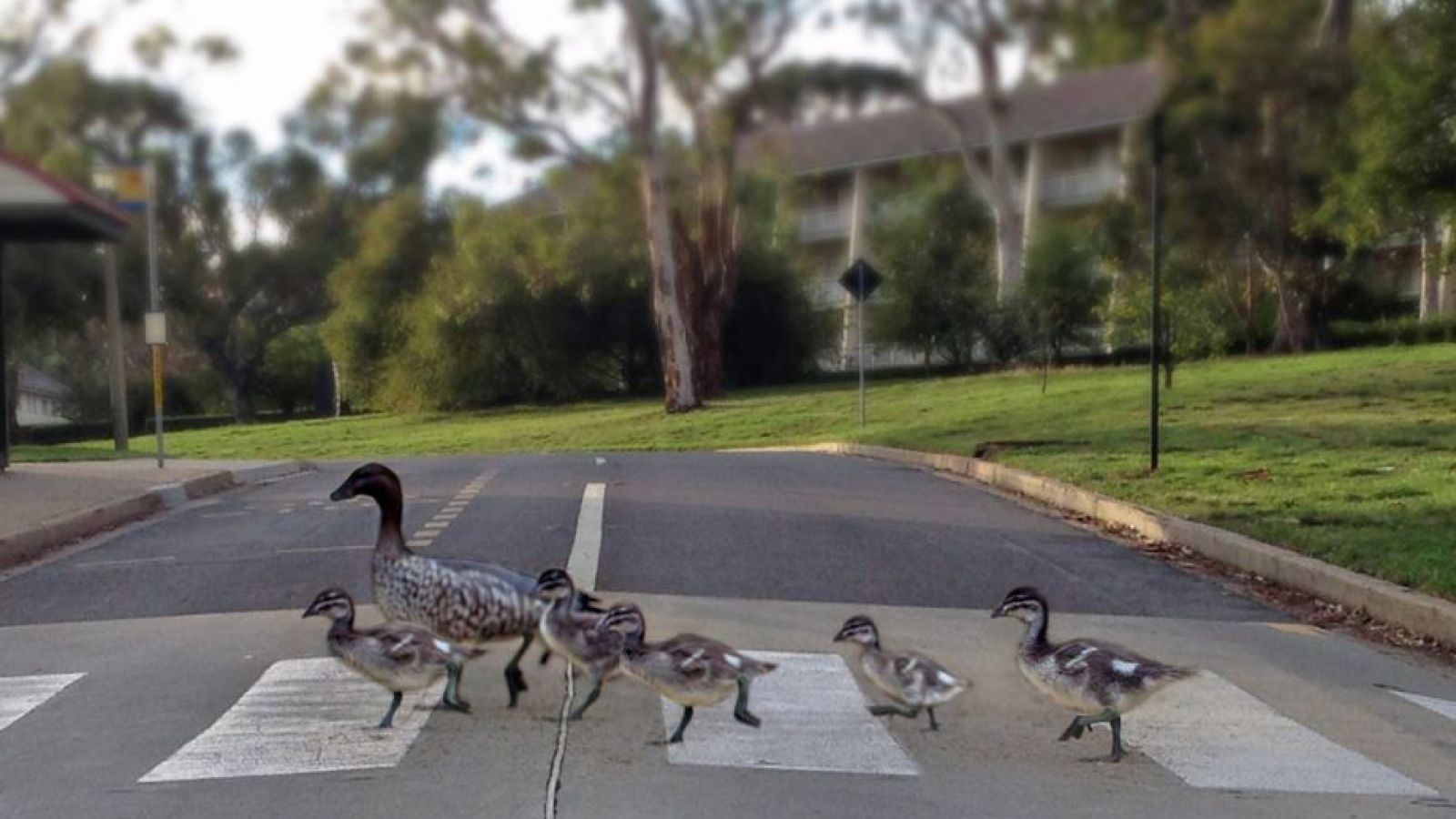Professor Tom Griffiths: Co-Winner of the Prime Minister's Prize for Australian History (2008)

ANU Vice-Chancellor Professor
Professor Griffiths won the prize for his history book Slicing the Silence, which tells the story of Antarctic voyages from the time of the earliest explorers through to the recent history of international research and management.
“Professor Griffiths is one of Australia’s foremost environmental historians and we are proud to count him as part of the ANU community of scholars,” Professor Chubb said.
“His work on Antarctica is very timely, as our attention fixes on the problem of melting ice caps in the context of global warming. If we are to make informed decisions about the future of Earth, it’s important that we really understand the history of the relationship between people and the planet.”
As part of writing his book, the environmental historian from the Research School of Social Sciences at ANU travelled to the southernmost continent in the summer of 2002–2003 as a humanities fellow with the Australian Antarctic Division.
“I am deeply honoured to be a co-winner of the Prime Minister’s Prize for Australian History, and especially to share it with Robert Kenny whose book I greatly admire,” Professor Griffiths said.
“This is such an appropriate moment for Australians to reflect on the history of Antarctica and their relationship with it,” he said. “A world facing the crisis of global warming is anxiously turning its gaze towards an icecap that holds 90 per cent of the globe’s land ice. We have just participated in an exciting International Polar Year (2007-08), and Australia – which claims 40 per cent of Antarctica – has recently established an airlink with the continent. It is time to look back on a century and more of voyaging, and to assess our physical, intellectual and emotional relationship to Antarctica, and to think about how it might be about to change.
“I hope that Slicing the Silence offers at least these four hopeful insights: First, that we shouldn’t underestimate the political power in Antarctic culture of excellent research. Secondly, that Antarctica is a part of the world where strategic idealism has often triumphed over short-term politics. Thirdly, that Australia has played an unusually influential and positive role in shaping our understanding of the southern ice cap. And fourthly, that nations at tension with one another have found that in Antarctica they could foster dialogue, cultural exchange and mutual understanding.”
An in-depth article about Professor Tom Griffith’s book is online at: http://quicklink.anu.edu.au/adlj
| Contacts: | Media contact: Simon Couper, ANU Media Office 02 6125 4171, 0416 249 241 |
